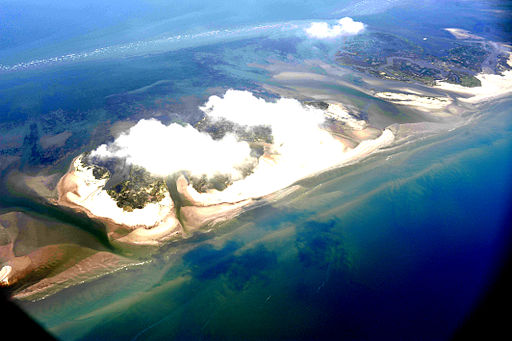The 2012, Deepwater Horizon oil rig explosion more commonly known as the BP oil spill produced drastic changes in microbial communities, some of which contributed to bioremediation of the areas affected by the spill. According to a recent article (2013) in Environmental Science and Technology, succession of several microbial communities, particularly hydrocarbon-metabolizing bacteria of the lineage Oceanospirillales and later methylotrophs, were identified as the causative agents in the diminishment of saturated hydrocarbons and reduction of single carbon compounds, respectively.
Due to difficulty in growing these microbes in culture, single cell sequencing was utilized and showed genomes highly enriched for factors that are involved in alkane degradation, chemotaxis and motility suggesting these bacteria have evolved for quick aggregation and scavenging in order to survive in oil environments.
With increasing genomic analysis on these microbes we may be able to better understand the “enzymatic processes and community dynamics” of these oil metabolizing microbes and utilize these genes in other organisms for more controllable in situ or ex situ bioremediation efforts in future spills or even natural gas fracking leaks some of which have been found in residential water supplies.
For a recent review on the article see Vying for Spilt Oil.
For pictures of these amazing microbes check out Scientific America’s slideshow
Jennifer Flanagan is an undergraduate in Jonathan Eisen’s lab, working on aquariums as part of the microbiology of the built environment
